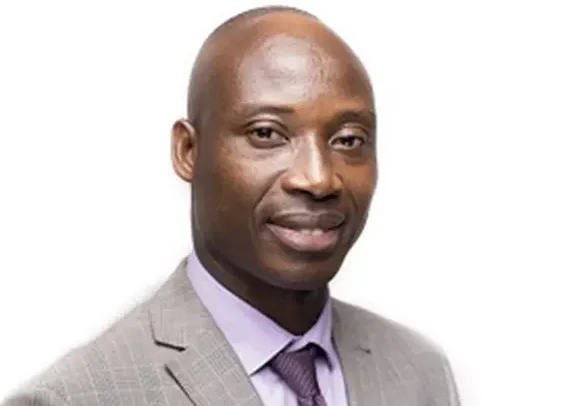Prof. Alhassan Iddrisu
The Ghana Statistical Service has announced the rollout of a new Quarterly Labour Force Survey to place employment statistics at the heart of the country’s development agenda.
Government Statistician, Prof. Alhassan Iddrisu, who revealed this, said the initiative will mark a turning point in Ghana’s effort to generate reliable and frequent data on job creation, unemployment, and labour market dynamics—areas previously under-reported in national statistics.
Speaking before Parliament’s Committee on Economy and Development, Prof. Iddrisu stated, “You cannot tell a compelling story about the movement in the economy if you don’t include employment data.”
He told the lawmakers, “Unfortunately, we’ve not been able to produce employment statistics on a routine basis in the past. That is changing.”
According to him, the new quarterly survey, which builds on the Labour Force Study first introduced in 2016, is expected to provide critical insight into the country’s workforce and informal economy.
Prof. Iddrisu said the data would complement routine GDP and inflation figures, offering a fuller picture of economic progress and helping policymakers better align growth with livelihoods.
He explained that if funding becomes more readily available, the Statistical Service hopes to scale up from quarterly to monthly labour data reporting, which would position Ghana among a few African countries with high-frequency labour market data.
Statistical Reform Underway
Prof. Iddrisu said the employment survey is part of a broader data generation push by the Ghana Statistical Service (GSS), which is currently conducting a range of major national surveys, including the Ghana Living Standards Survey Round Two that is expected to be completed in early 2026.
The rest are the Annual Household Income and Expenditure Survey, ongoing since 2023; the Ghana Demographic and Health Survey; the Multiple Indicator Cluster Survey, focusing on poverty, HIV, and social indicators; and an upcoming Informal Employment Policy Study, tailored to Ghana’s large informal economy.
Prof. Iddrisu told the Committee that while these surveys are vital for tracking the country’s development, they are expensive to execute – and worryingly, 85% of their funding currently comes from foreign donors.
“That’s simply not sustainable,” he said, adding, “The UN has shown that every dollar spent on generating data yields around $32 in economic return. Yet, we remain overly dependent on donor support,” he said.
He appealed to Parliament to support efforts to secure sustainable domestic funding for statistical work, proposing a reversal of the current funding model so that 85% of support comes from within the country.
Investing In Data
Prof. Iddrisu emphasised that quality, timely data is not only essential for executive decision-making but also informs judicial rulings, legislative debates, private sector planning, and international development assistance.
He pledged that the GSS would account for the funds it receives and maximise the use of existing resources to build confidence among government stakeholders.
Partnership with Parliament
The Government Statistician also revealed plans to finalise a Memorandum of Understanding (MoU) between GSS and Parliament, aimed at deepening collaboration in data production, capacity building, and knowledge sharing.
This follows recent engagements with international statistical offices, including a high-level visit to the UK Office for National Statistics, where Ghana’s delegation included the Speaker of Parliament, majority and minority leaders, and key committee heads.
Ranking Member
The Ranking Member of the Committee, Kojo Oppong Nkrumah, outlined a renewed focus by the Committee to use key economic data, such as GDP and inflation figures, to hold institutions accountable for how public resources are delivering real development outcomes for Ghanaians.
He noted that the National Development Planning Commission (NDPC) is expected to submit its Annual Performance Reports on the economic and industrial sectors, which will be the basis for upcoming public hearings to assess how taxpayers’ money is translating into tangible economic benefits.
“The NDPC is responsible for setting out Ghana’s development plans and monitoring their implementation. Very soon, they will be bringing us performance reports, especially in the economic and industrial sectors, so we can begin public hearings and examine how effectively public funds are being used,” he said.
By Ernest Kofi Adu, Parliament House


